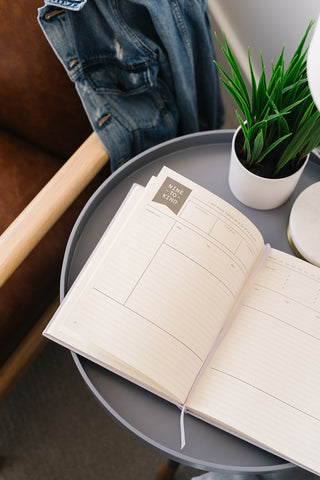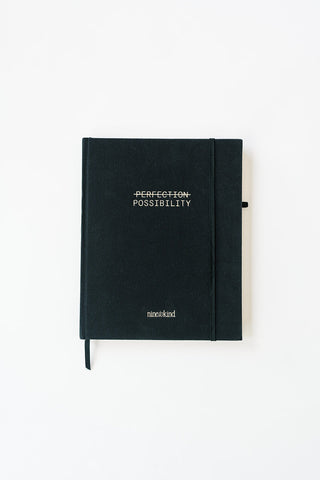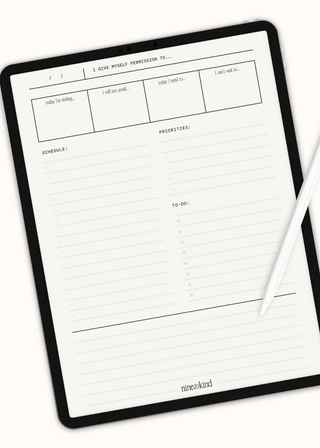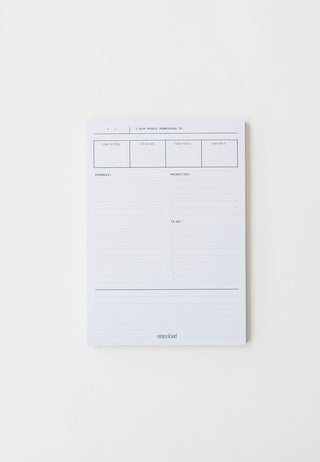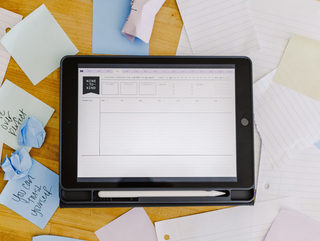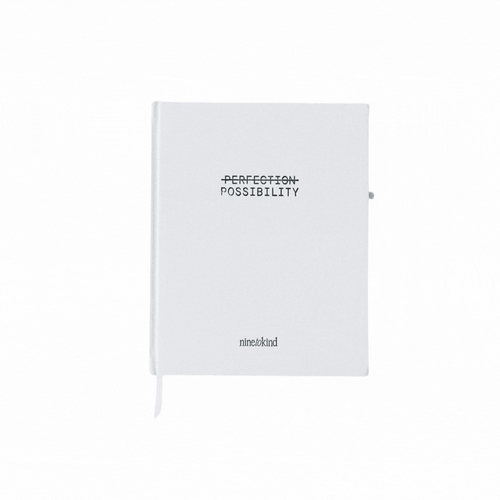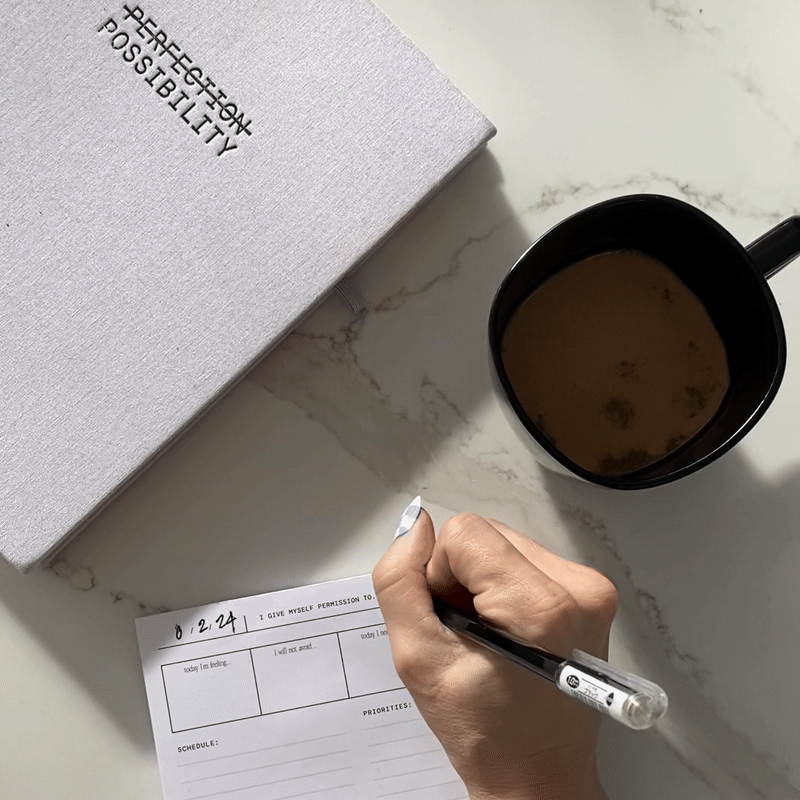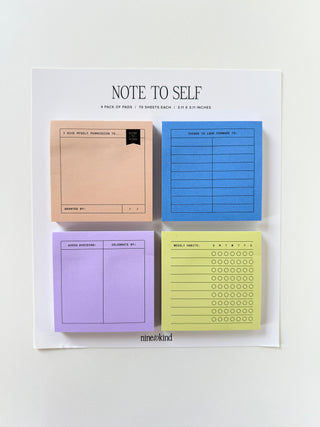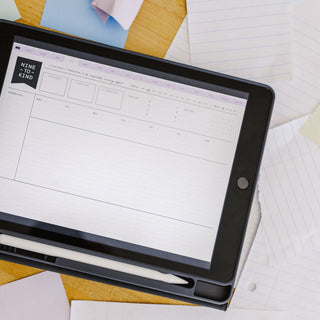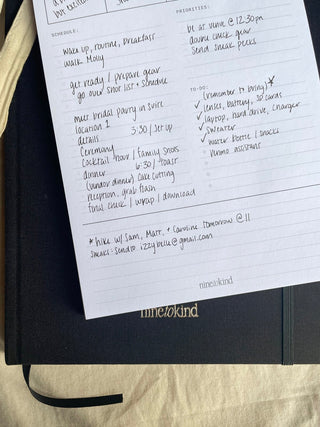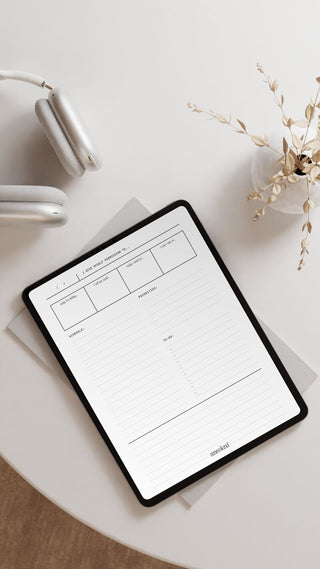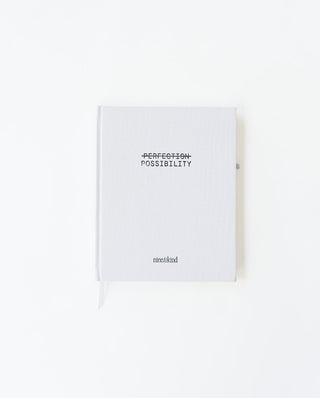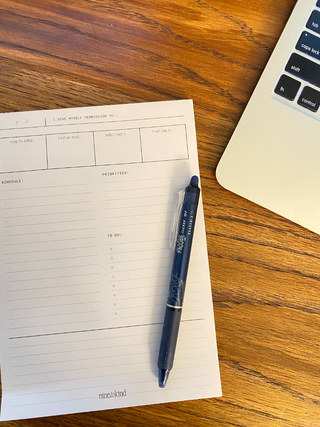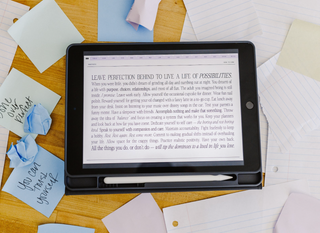a planner for those with lived in lives
Created for the ones who keep everything together—
but secretly feel like they’re falling apart.
The Nine to Kind Possibility Planner gives you permission to document your real life—the one with last minute schedule changes, forgotten appointments, and small victories that never make it to social media.
Inside, you’ll find dateless spreads, therapist approved exercises, and space to actually breathe—without all the toxic positivity or productivity guilt.


where your real life gets the attention it deserves
We designed Nine to Kind to help you get out of your head and into your life. This isn't about self optimization...it's about recognizing the life you're already living is worth documenting, celebrating, and learning from.
Built for your brain.
Not just your schedule.
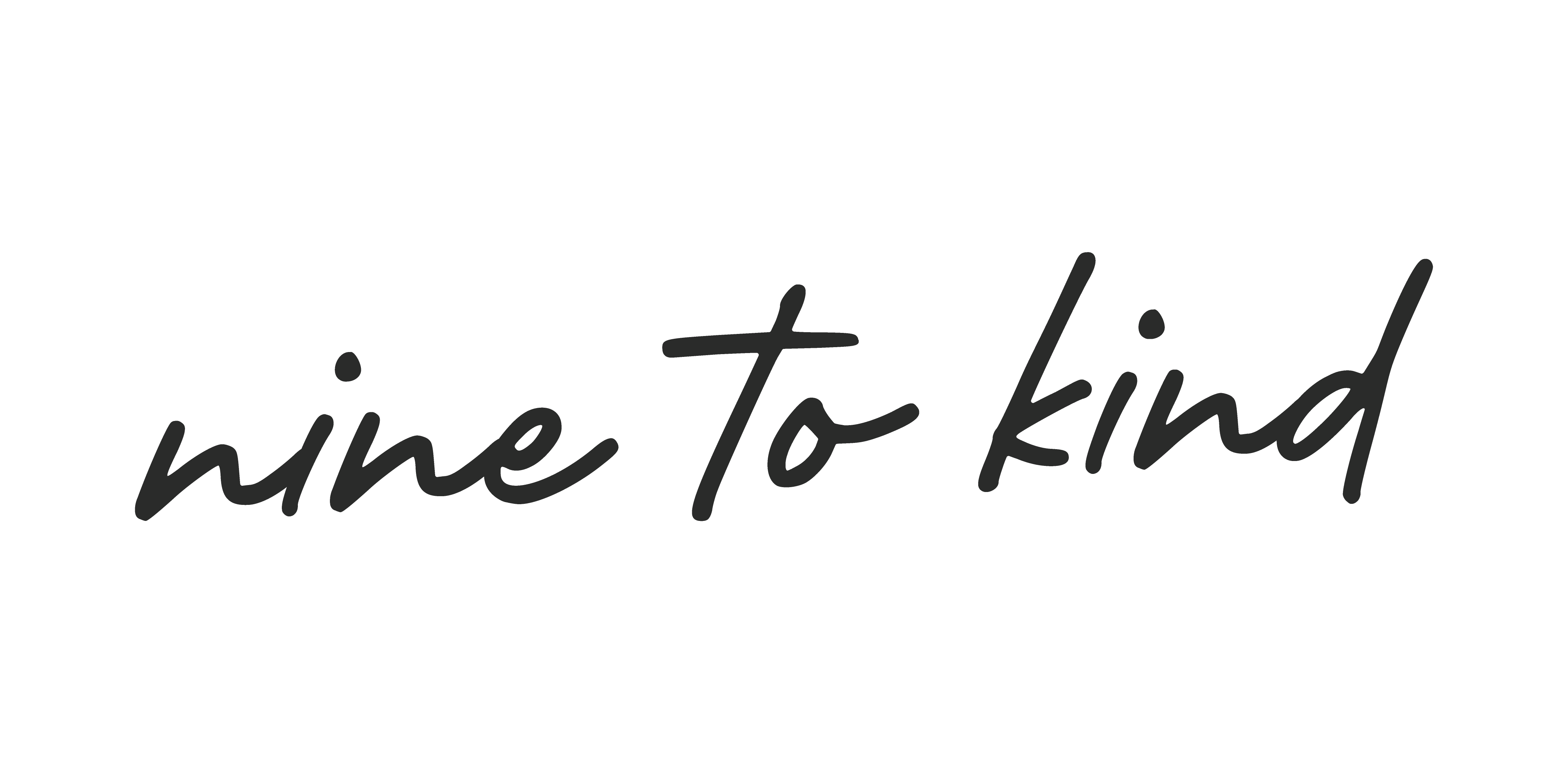
Others
Therapist-created & burnout-informed
Designed to reduce productivity guilt
No pressure-filled goal setting
Evidence-based self-care exercises
Built for flexible, real-life planning

Meet the Founder
Built by Someone Who Gets It.
Hi, I’m Lauren—a therapist, chronic overachiever, and rebellious people pleaser. I created this planner after seeing the same productivity guilt patterns in my clients (and myself): pushing too hard, falling flat, and beating ourselves up about it.
Nine to Kind was born in the middle of my own mess—and now it’s helping others take stock of their wins, accept their low moments, and build a future of possibilities.
